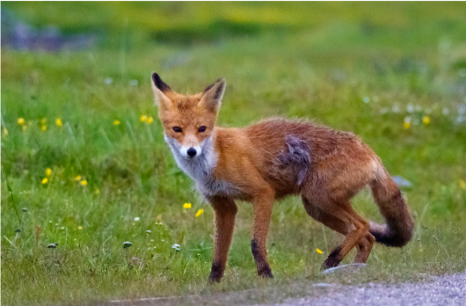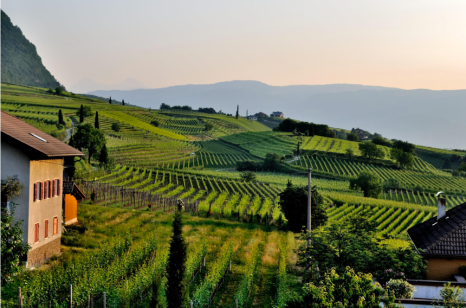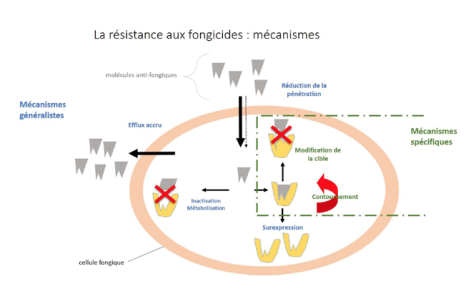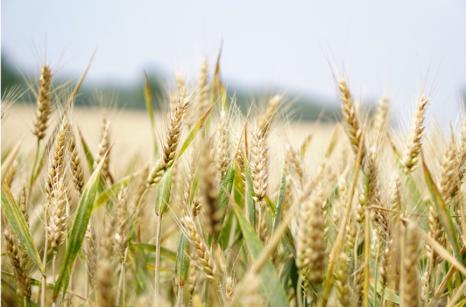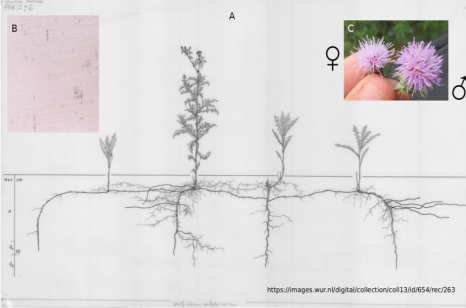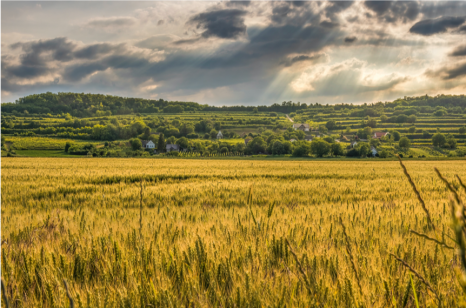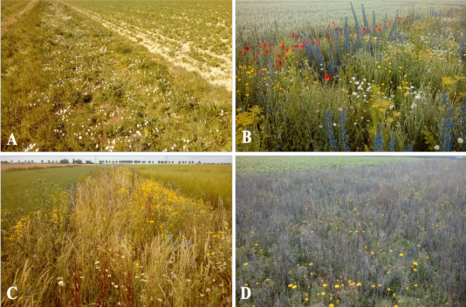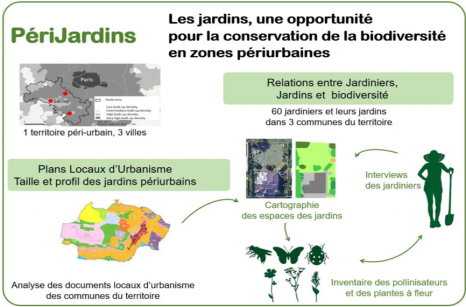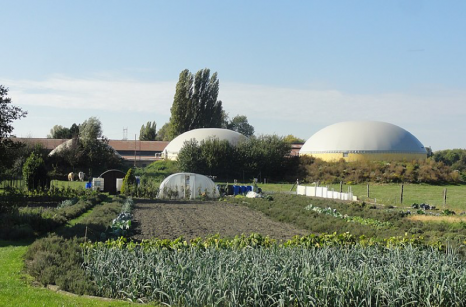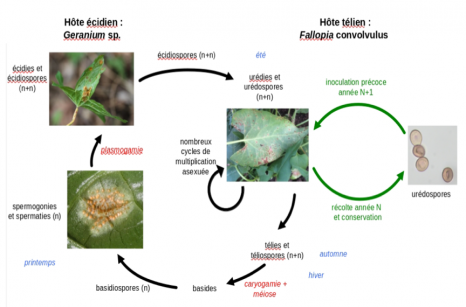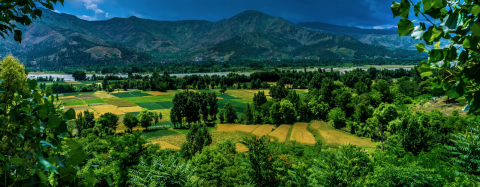
C-BASC research projects
The research and innovation strategy of the Center for Interdisciplinary Studies on Biodiversity, Agroecology, Society and Climate (C-BASC) is structured in 4 axes. Our research projects are presented below (click on them to learn more). They come from calls for projects that C-BASC regularly launches. The results will be posted at the closing date which varies from one project to another. See also our innovation projects, which often include an important research dimension.
Biodiversity: a heritage to be managed by rural stakeholders?
Biodiversity management is a complex issue, and some research projects need to adopt a resolutely transdisciplinary approach, combining ecology, agronomy, political science, sociology and economics.
Understanding fungicide resistance in soft wheat
Zymoseptoria tritici is the fungus responsible for wheat septoria, the disease with the greatest economic impact on soft wheat in Western Europe. Control of this disease relies largely on the application of synthetic fungicides, the use of which has been greatly optimized in recent years to reduce inputs. The effectiveness of these treatments is regularly threatened by the emergence and spread of fungicide-resistant strains.
Invasive species and international trade: what policy for the preservation of biodiversity?
Biological invasions introduced through international trade are a growing threat to the preservation of biodiversity and to the benefits that humans derive from nature, to human and animal health and to agricultural production..
Collective catering: a vector for the diffusion of more sustainable practices in food systems?
In this thesis project, we hypothesize that collective catering establishments (daycare centers, schools, retirement homes, professional dining halls, etc.), because of their purchasing power, can play a catalytic role in facilitating the transition to sustainable food systems by orienting practices on both the supply and demand sides of sustainable products.
Adapting vegetable production in Ile de France to climate change: what availability and use of water resources?
Although of little concern until now because of their low weight in relation to total regional water consumption, agricultural water consumption, and particularly that of vegetable and market gardening systems, is likely to increase sharply as a result of the combined effect of climate change and a strong increase in demand for local products in Île-de-France.
Genetic diversity of wheat on a landscape and resilience of its production
Data on the commercial success of varieties in different French geographical areas are increasingly available. The use of variety deployment data is strategic for two types of analysis: it allows us to i) reveal the genes and traits that are critical for adaptation to certain regions, production systems or markets; ii) characterize the genetic diversity deployed on a landscape, and anticipate the resilience of the landscape to environmental hazards (pathogen pressures).

